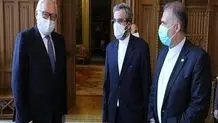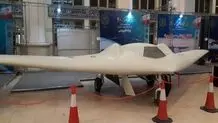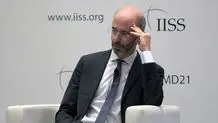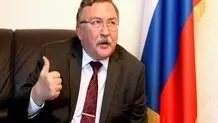Malley:
US focuses on alleged Iran arms supplies to Russia, not JCPOA
The US intends to focus on alleged Iran’s weapons deliveries to Russia and not on resuming talks on the Joint Comprehensive Plan of Action (JCPOA), US Special Envoy for Iran Robert Malley said.
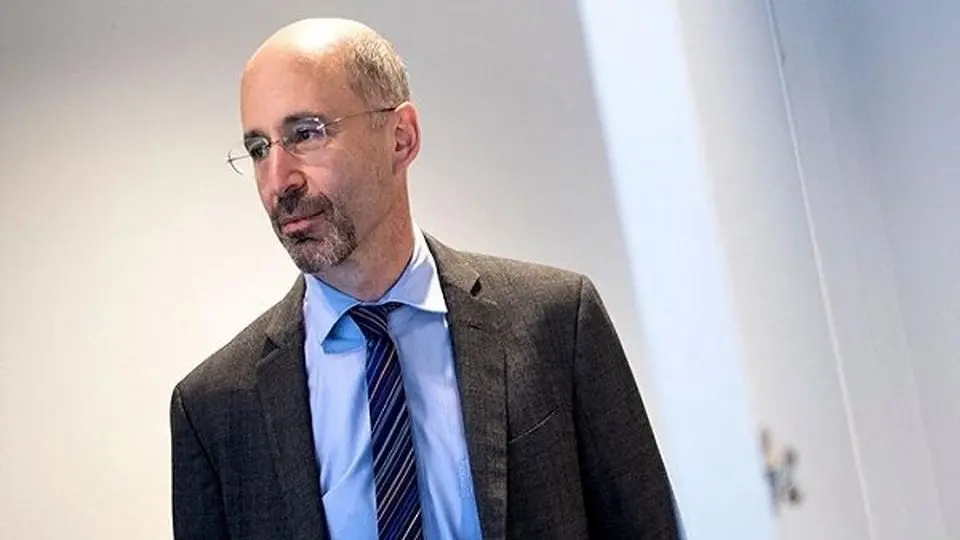
MEHR: The US intends to focus on alleged Iran’s weapons deliveries to Russia and not on resuming talks on the Joint Comprehensive Plan of Action (JCPOA), US Special Envoy for Iran Robert Malley said.
"Iran is not interested in a deal and we’re focused on other things. Right now we can make a difference in trying to deter and disrupt the provision of weapons to Russia and trying to support the fundamental aspirations of the Iranian people," Bloomberg quoted Malley as saying.
His comment came as Iranian Foreign Minister Hossein Amir-Abdollahian in a phone conversation with Secretary General of the United Nations Antonio Guterres on Friday rejected claims about Iran's arms sales to Russia to be used in the Ukraine war, saying that such allegations are aimed at legitimizing the West's military assistance to Kyiv.
Malley also said that interaction between the EU and Iran continues and negotiations have not been formally suspended.
In 2015, the five permanent members of the UN Security Council and Germany signed the Joint Comprehensive Plan of Action (JCPOA) with Iran on its nuclear program.
The United States, under former President Donald Trump, abandoned the agreement in May 2018 and reinstated unilateral sanctions that the agreement had lifted.
The talks to salvage the agreement kicked off in Vienna in April last year, months after Joe Biden succeeded Trump, with the intention of examining Washington's seriousness in rejoining the deal and removing anti-Iran sanctions. Despite notable progress, the US' indecisiveness and procrastination caused multiple interruptions in the marathon talks.
In November, Iran stated that it would reconsider its agreements with the IAEA in light of its adoption of a resolution urging Tehran to immediately explain the origin of nuclear material found earlier at the country’s facilities and provide relevant documents and access to those locations. The document was drafted by the United States and three European countries (the United Kingdom, France and Germany). Iran perceived it as an instrument to put political pressure on the Islamic republic. Following this, Iran started enriching uranium to 60% at its Fordow nuclear facility.

